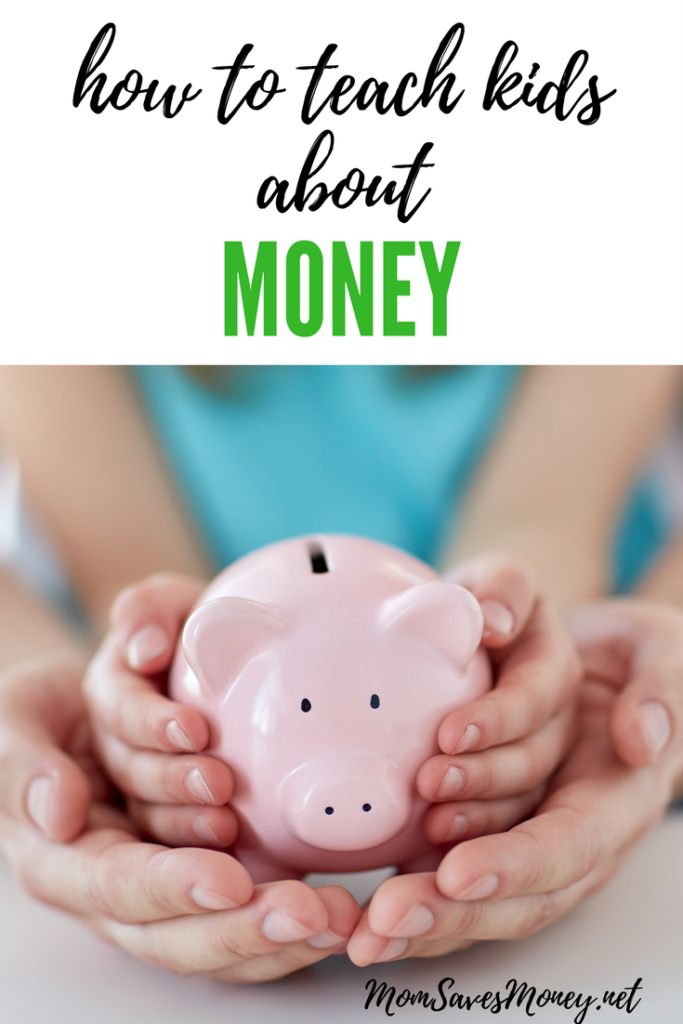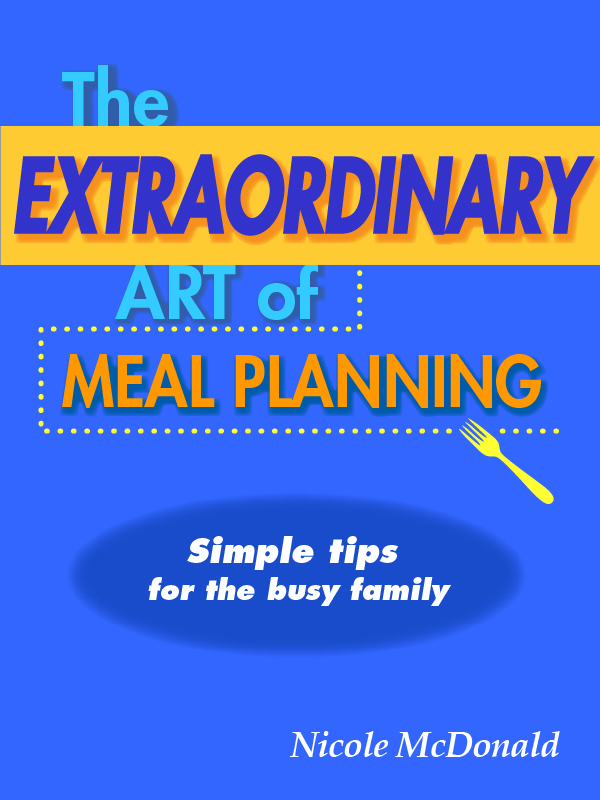As parents it’s our job to teach children life skills. Money seems to be one topic many families are reluctant to discuss openly, but it is so important and managing it is definitely a life skill. I was fortunate my parents owned a small business and ‘shop talk’ was a regular at the dinner table. I learned about gross profit, net income, debt and the pain of taxes while I was still in Elementary school. While your family may not be small business, there are simple ways to teach kids about money starting at an early age.
Here is how we are teaching our children about managing money:

Give them an allowance
In order for children to learn to manage money, they need to have access to it. By giving them an allowance they have money to spend and can begin learning how to budget it. In addition to a small weekly allowance we offer our children opportunities to earn extra money by helping clip coupons, mow the lawn or shovel snow. We want them to have opportunities to manage and spend their own money from a young age.
Set goals with them
My kids always have a wish list of wants. Instead of buying it for them, I suggest they save their money to pay for it themselves. Not only does this teach them how to save for big purchases, it also gives them more ownership of an item they pinched and saved in order to buy.
Allow them to pay for what they want
I know it’s tempting to say no when your children ask to buy something you consider frivolous, like candy or small toys, but let them do it anyways with their OWN money. Maybe you’ve set goals with them and know they are trying to save up for a big purchase, but letting them impulse shop can teach them lessons in money management.
Let them make mistakes
When my daughter was six she wanted to buy an American Girl doll that cost $100. She had saved $60 and was excited she was so close to her goal. However, she also found freedom in making impulse purchases at the store, especially those quarter machines with toys and candy and at the dollar stores. She didn’t make any large purchases, just many smaller ones. When she counted her money a few months later, she was upset she was down to only $20. She couldn’t understand how she had spent $40 and had absolutely nothing to show for it. This was a teaching moment about how small purchases add up and can drain your bank account. It’s better for them to make mistakes as children and learn from them versus going in massive debt from overspending as an adult.
Discuss how to save money
Kids may not understand how to save money. It’s important to give them tools to save, whether that be with a piggy bank or opening a bank account. You can even purchase piggy banks that count their change for them so they know how much money they have amassed.
Open a bank account for each child
Most banks allow you to open bank accounts for your children. All three of my kids have personal bank accounts and will add birthday money and allowance to their accounts. My daughter, who is an impulse shopper, made the decision to split her allowance 50/50. She keeps half the money to spend and puts the other half in her bank account to save. She really wants to save money for tickets to the Swim Trials in a few years and doesn’t trust herself with cash on hand. Her experience with small purchases has taught her the easiest way to save is to have the money out of sight and out of mind.
Show them the power of interest
Interest can be very good or very bad depending on if you are earning it or paying it. If you’ve ever experienced revolving credit card debt you know how fast it can add up. Explain interest in a kid-friendly way using charts and graphs. If they have an interest bearing bank account or investment, show them the statements so they can see how much they are earning by saving their money instead of spending it. The earlier they learn about passive income through investments, the better.
Discuss family finances
I know money is often considered a taboo subject families don’t discuss openly, but I think it’s a topic that needs more attention. We did a no spend month a few years ago and it was the first time my kids really understood how much money we spend. When parents say ‘no’ to every purchase for 28 days, they seem to get it better. We also budget and the kids understand that when we’ve met our budget for the month, we don’t spend anymore money.
These are a few of the ways we have been teaching our kids about spending, budgeting and money management. I want my kids to be able to enjoy life without the stress of debt and I know these lessons will guide them to make smarter money choices.
How do you teach your children about money and budgeting?






